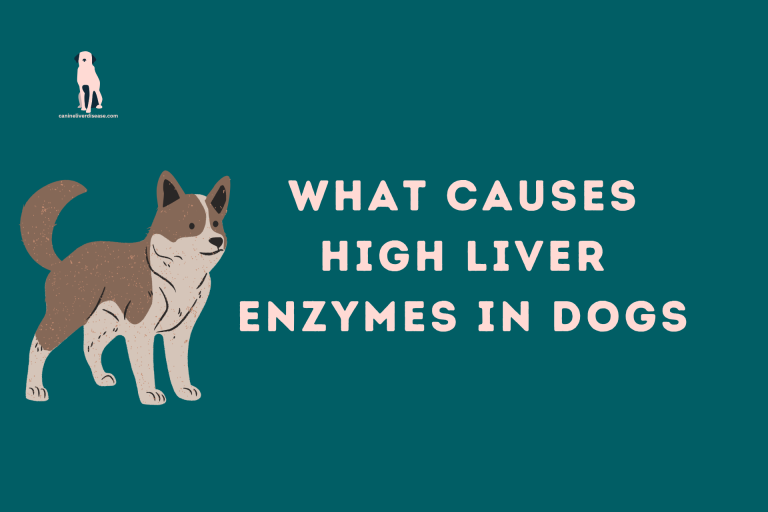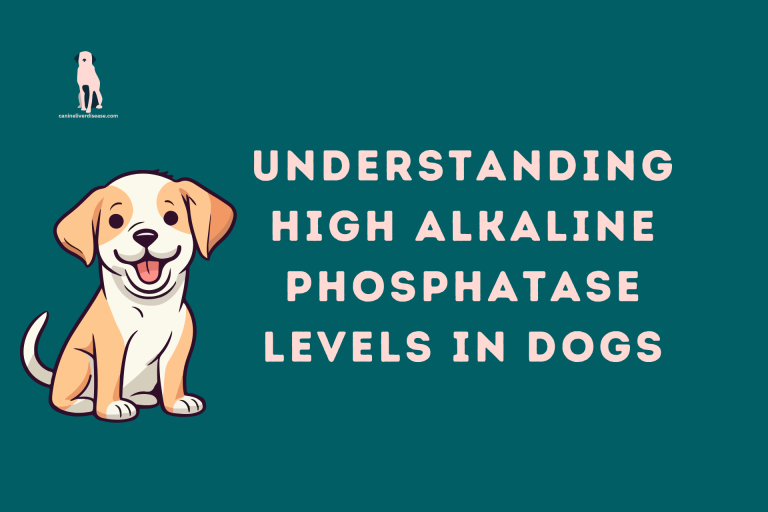Life Expectancy of Dogs with High Liver Enzymes
In this article, we will delve into a concerning issue for dog owners – high liver enzymes in dogs and their impact on a furry friend’s life expectancy. Understanding this condition is crucial for providing the best possible care for your beloved pet.
Understanding Liver Enzymes
Before we explore the implications of elevated liver enzymes, it’s essential to comprehend what they are. Liver enzymes are proteins produced by the liver, and they play a vital role in various bodily functions, including digestion and metabolism.
Causes of High Liver Enzymes in Dogs
High liver enzymes in dogs can be caused by various factors, such as infections, medications, toxins, or underlying health conditions. Identifying the root cause is the first step in managing this condition.
Signs and Symptoms
Recognizing the signs and symptoms of elevated liver enzymes is crucial. Common indicators include jaundice (yellowing of the skin and eyes), loss of appetite, vomiting, and lethargy. Early detection is key to providing timely treatment.
Diagnosis and Testing
Veterinarians use blood tests, ultrasounds, and biopsies to diagnose high liver enzyme levels in dogs. Accurate diagnosis helps determine the severity of the condition and guides treatment decisions.
Treatment Options
The treatment approach depends on the underlying cause. It may involve medication, dietary changes, or even surgery. Your veterinarian will develop a tailored treatment plan for your dog.
Diet and Lifestyle Changes
Incorporating a liver-friendly diet and lifestyle changes can significantly improve your dog’s condition. Avoid feeding your dog fatty foods and focus on providing a balanced, nutritious diet.
Monitoring Your Dog’s Health
Regular check-ups and monitoring are essential to track your dog’s progress. Your veterinarian will adjust the treatment plan as needed to ensure the best possible outcome.
The Role of Medications
In some cases, medications may be prescribed to manage symptoms and support liver function. These medications can help alleviate discomfort and improve your dog’s quality of life.
Life Expectancy of Dogs with High Liver Enzymes
The life expectancy of dogs with high liver enzymes varies depending on several factors, including the underlying cause, the dog’s overall health, and the timeliness of treatment. While this condition can be serious, many dogs can lead happy lives with proper care.
Tips for Improving Your Dog’s Quality of Life
To enhance your dog’s quality of life, consider providing a stress-free environment, regular exercise, and plenty of love and attention. These factors can have a positive impact on your pet’s well-being.
Conclusion
In conclusion, high liver enzymes in dogs can be a challenging condition to manage, but with the right care and treatment, many dogs can enjoy a good quality of life. If you suspect your dog may have high liver enzymes, consult with your veterinarian promptly to begin the journey towards improved health.
FAQs
1. Can high liver enzymes in dogs be cured completely?
The outcome depends on the underlying cause, but in many cases, management and treatment can lead to a good quality of life.
2. Is there a specific diet recommended for dogs with high liver enzymes?
Your veterinarian can recommend a diet tailored to your dog’s specific needs, often low in fat and high in nutrients.
3. What are the common medications prescribed for dogs with high liver enzymes?
Medications may include anti-inflammatories, antioxidants, and liver support supplements.
4. How can I prevent high liver enzyme levels in my dog?
Regular vet check-ups, a healthy diet, and avoiding exposure to toxins can help prevent this condition.
5. Can high liver enzyme levels in dogs be hereditary?
Some breeds may have a genetic predisposition, but it’s not always hereditary; it can also be influenced by lifestyle and diet.







